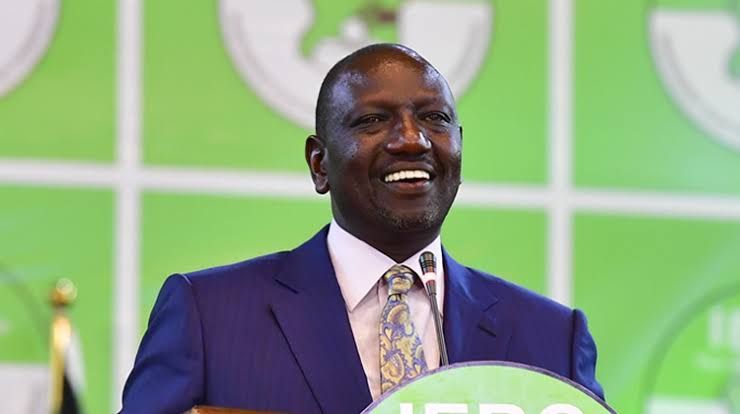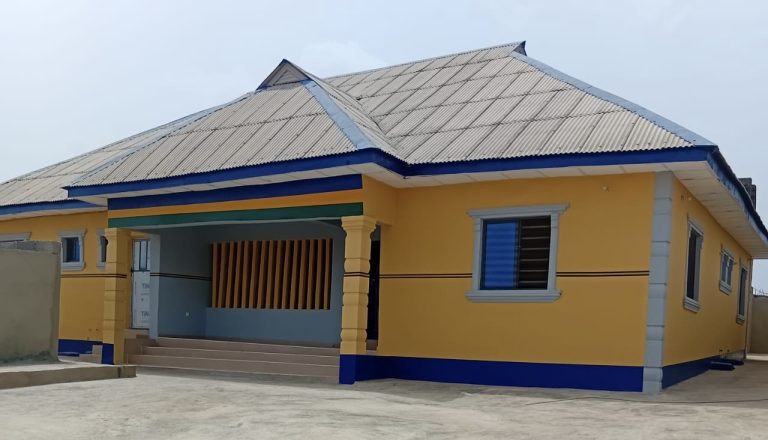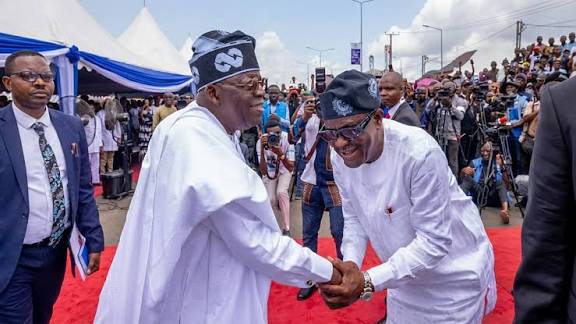
Tens of thousands of people cheered as William Ruto was sworn in as Kenya’s president at a ceremony in the capital Nairobi following his narrow election win last month.
With his hand on a Bible, the 55-year-old swore to preserve and protect the country’s constitution.
Defeated candidate Raila Odinga did not attend, saying as he had “serious concerns” about his opponent’s victory.
Mr Ruto won the election with 50.5% of the vote, to Mr Odinga’s 48.8%.
Mr Odinga has alleged that the result was rigged, but the Supreme Court has ruled the election was free and fair.
At least eight people were reported to have been injured in a crush as they jostled to enter the stadium to witness the swearing in of both Mr Ruto and his deputy Rigathi Gachagua.
But inside the stadium the crowd was in high-sprits, with frequent cheering, waiving the Kenyan flag, and pockets of groups proudly wearing yellow – the colour synonymous with Mr Ruto’s campaign.
Outgoing President Uhuru Kenyatta has stepped down at the end of his two terms. Mr Kenyatta backed Mr Odinga in the election, saying Mr Ruto was unworthy to serve as president.
It led to a massive fallout between the two men, and Mr Kenyatta congratulated Mr Ruto on his win only a day before his inauguration.
Mr Kenyatta said he was committed to a peaceful transition and urged the new president to serve all Kenyans.
In a statement, Mr Odinga said he had received a call from Mr Ruto inviting him to the inauguration, but that he would not attend as he was abroad and he did no believe the election was free and fair.
This is despite the fact that the Supreme Court handed down a unanimous judgment, confirming Mr Ruto’s victory and dismissing Mr Odinga’s concerns that the election was marred by widespread irregularities.
Mr Ruto won after portraying himself as a “hustler” who was challenging an attempt by two dynasties – the Odingas and Kenyattas – to hang on to power.
He promised a “bottoms-up” approach to the economy to tackle the high unemployment rate among young people, and to improve the lives of those less well off.



